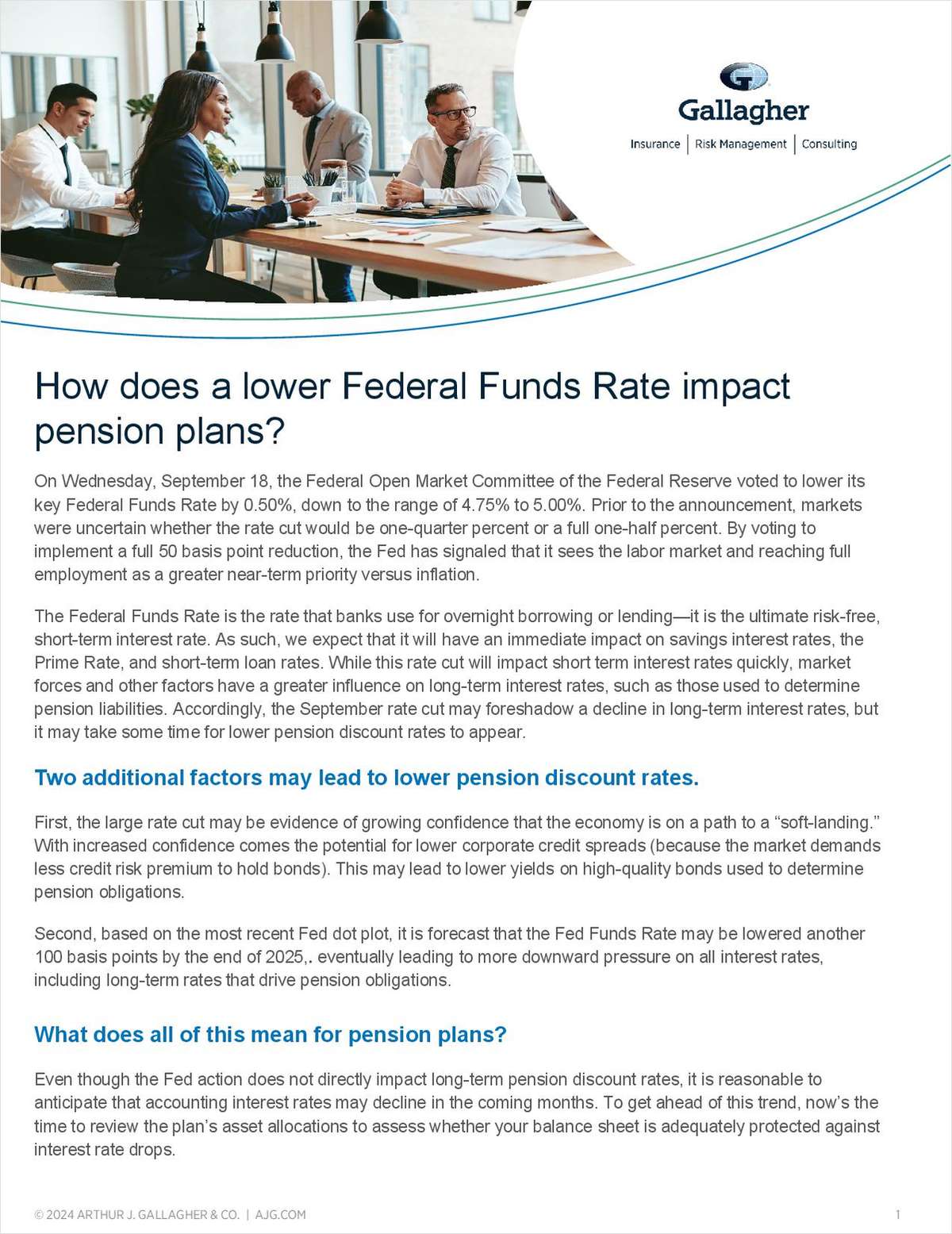It’s come in for a lot of criticism, one thing the Affordable Care Act has probably been responsible for during its tenure is official: a drop in the uninsured rate from 2014–2015 for those under age 65 in the majority of the nation’s counties.
According to data from the U.S. Census Bureau’s 2015 Small Area Health Insurance Estimates, the estimated uninsured rate for adults under age 65 decreased in 71.3 percent of the nation’s counties (2,239 counties; there are 3,142 counties in the U.S. altogether) during that period.
And according to a 2015 report that describes demographic and economic differences in health insurance status across states and counties, as well as trends in health insurance coverage, the downward movement of lack of coverage isn’t an isolated instance.
Between 2013 and 2014, for the under-65 population, the estimated uninsured rate decreased in 74.1 percent of all U.S. counties (2,325 counties). And the SAHIE program estimates that, since 2013, there was an overall decrease in the uninsured rate in 96.9 percent of counties (3,041 counties).
Counties in states that expanded their Medicaid eligibility saw greater changes than those in states that did not, the report finds, and changes in county-level estimated uninsured rates were most prevalent among working-age adults. Among those working-age adults aged 18–64, the estimated uninsured rate fell in 67.6 percent of all counties (2,124 counties), and for children under age 19, the estimated uninsured rate fell in 14.2 percent of all counties (445 counties).
Interestingly, in the wake of the failure of passage of the American Health Care Act, additional states are moving to expand Medicaid eligibility. The Huffington Post reports the Republican-led Kansas Senate passed an expansion bill; last month the Republican-led House did the same, although its eventual fate is uncertain since Sam Brownback, the state’s Republican governor, opposes it.
And in Virginia, Democratic Governor Terry McAuliffe announced earlier this week that he will once again approach the state’s legislature to approve expansion. The report cites Diane Rowland, executive vice president of the Henry J. Kaiser Family Foundation, saying that even Republican governors and state legislators could end up following his lead.
In the report, Rowland says, “There is now a motivation to many of those states who were on the fence to take [the expansion funding]. They could cover a lot of low-income people with a lot of federal money.”
And Georgia’s Republican governor, Nathan Deal, has said that in the wake of the failure to repeal the Affordable Care Act, he may consider Medicaid expansion as well.
If that’s the case, future Census Bureau reports may highlight even bigger drops in the uninsured population.
Complete your profile to continue reading and get FREE access to BenefitsPRO, part of your ALM digital membership.
Your access to unlimited BenefitsPRO content isn’t changing.
Once you are an ALM digital member, you’ll receive:
- Breaking benefits news and analysis, on-site and via our newsletters and custom alerts
- Educational webcasts, white papers, and ebooks from industry thought leaders
- Critical converage of the property casualty insurance and financial advisory markets on our other ALM sites, PropertyCasualty360 and ThinkAdvisor
Already have an account? Sign In Now
© 2024 ALM Global, LLC, All Rights Reserved. Request academic re-use from www.copyright.com. All other uses, submit a request to [email protected]. For more information visit Asset & Logo Licensing.








